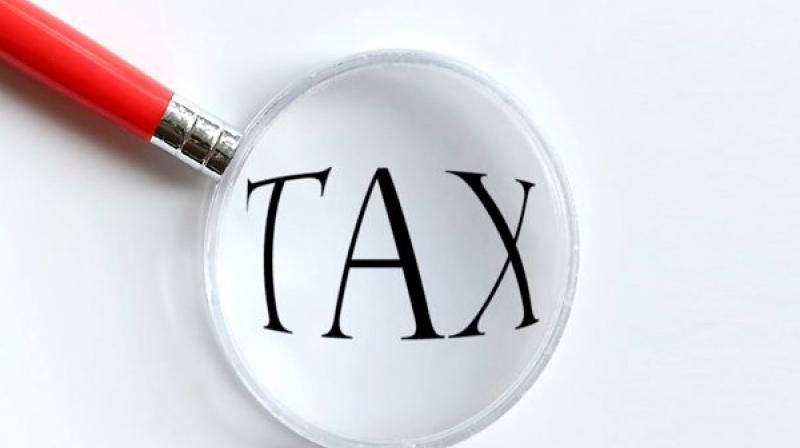Parent must pay tax for minor's income
Question and Answer

Q I am a private employee. My income is below the tax bracket, but I relinquished my share in my father’s house to my brother for a consideration of Rs 30 lakh. Am I required to file any kind of tax returns with the Income-tax department? With that amount, I took term deposits in State bank of India in favour of my minor son (Rs 15 lakh) and wife (Rs 15 lakh). Please clarify on my income-tax obligations on my income from the sale of my share in my father’s house?
Rajveer Singh Via email
A) According to Section 49(1), the cost of the previous owner is deemed to be the cost of acquisition to the assessee, if the capital asset became the property of assessee under a mode of transfer by way of gift, inheritance.
First, you need to determine if it is a long-term capital asset. For the asset to qualify as a long-term capital asset, it has to be held for a period of at least 36 months (24 months for FY 2018-19, in case of immovable property).
For determining whether the capital asset is long-term or short-term, the period for which such previous owner held the asset will also be added to the period for which the assessee held it.
According to section 55(2)(b)(ii), if the said previous owner acquired the asset before April 1, 2001, the assessee will have the option to substitute the fair market value as on April 1, 2001.
The benefit of cost inflation index on the sale of long-term capital asset can also be claimed. In the absence of the details like cost and date of acquisition of the property by your father, the exact calculation of capital gains cannot be computed. Further, the income received on deposits made in the name of your wife and minor son will form part of your income, as clubbing provisions under section 64 will be applicable because the investments made in these deposits are done out of your funds.
Q I am a person of Indian origin but a US citizen. I have now come back to India permanently. I have started receiving pension from the US. Kindly let me know whether my foreign pension is taxable. My stay in India every year is for more than 182 days.
Preet Via email
A) As per your information, your residential status as per the income-tax laws will be that of a “Resident” of India. A resident individual is liable to be taxed on his total global income. Therefore, the pension received by you from the United States will be liable to tax in India.
(The writer is a chartered accountant. You can your send queries to info@rathiandmalani.com)

